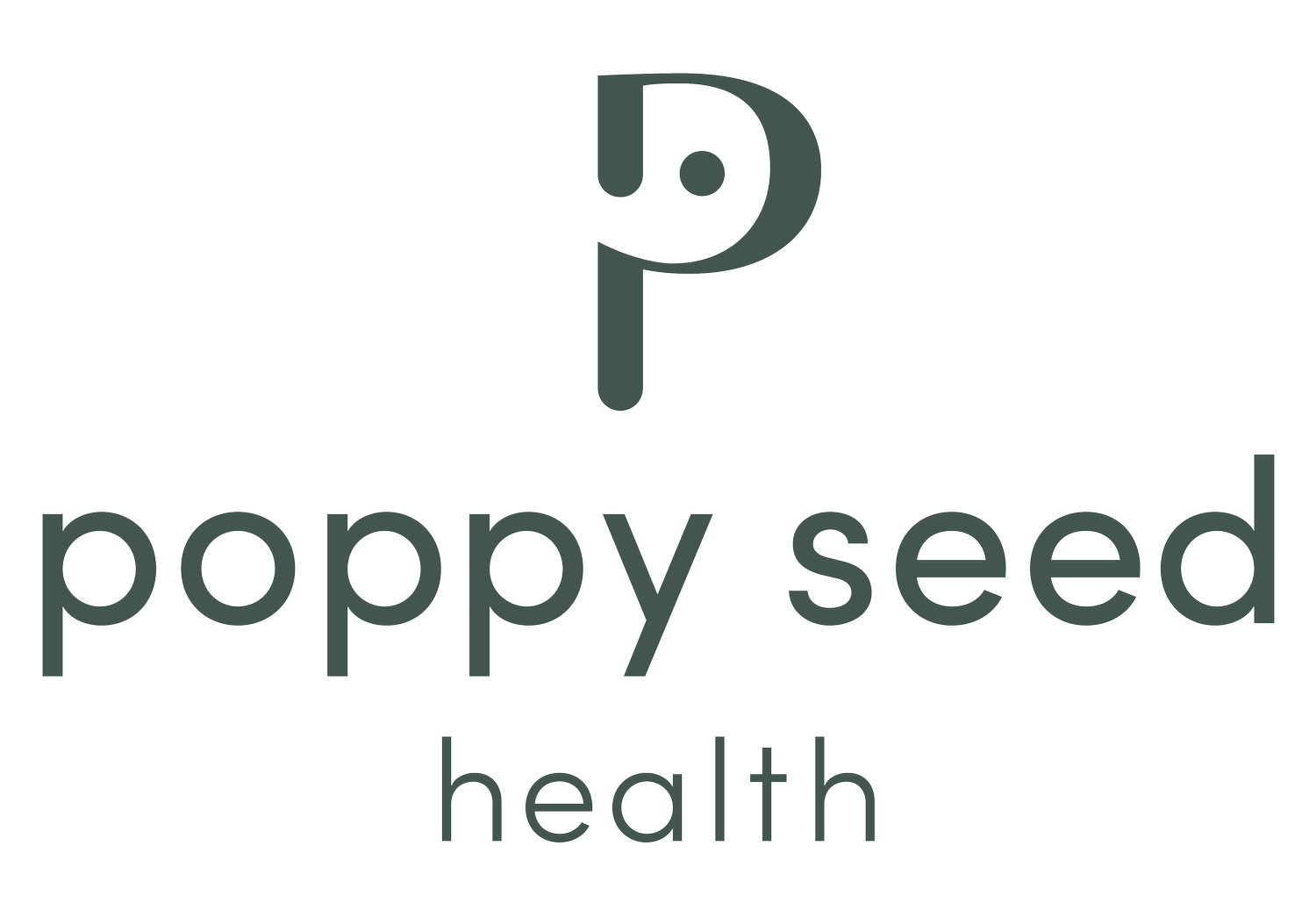Guide: How to Receive Support as a Non-Gestational Parent
A non-gestational parent is a parent who did not physically give birth to the new child, which is common in LGBTQIA+ family planning journeys. Being a non-gestational partner can be hard and alienating, especially if the non-gestational partner has not contributed genetic material to the conception.
"When [my wife] was pregnant, I didn't feel any resources were really intended for me. Everything seemed geared towards her. I had to rely on family and friends, or go it alone. I just tried to read as many books as I could and insert my own experience into them when they were about fathers." - Tara B.
"Just because you are not the carrying parent, it doesn't make you any less of a parent. Especially in the early days, you need meals and kind words and 4AM text threads just as much as anyone else. And of course you need your familial relationships and parenthood to be respected and affirmed, just as all parents do." - GP
As Claude Silver’s story also sheds light on, inclusive support and language matters for those on this journey. What is evident is the power of the LGBTQIA+ community for the open, immense support offered and the shared experiences that can make anyone feel more empowered, validated and less alone.
This guide is meant to be a resource to help LGBTQIA+ non-gestational parents get the support they need.
Thank you to Jenn Rumbach (she/her or they/them) for contributing to this guide. They are a proud Poppy advocate who is a queer, full-spectrum doula committed to anti-racist, anti-ableist and queer, trans-, non-binary-, agender- and intersex-affirming birthwork helping families navigate their family building journeys.
Find Care Providers Who Will Honor Your Relationship
Find fertility and prenatal care providers who treat you with respect and use appropriate language for non-gestational partners (terms, pronouns, names, genders) throughout the conception, pregnancy and birth processes.
Discuss and Create Shared Experiences Throughout the Process
For ICI, IUI or IVF, non-gestational partners can help organize the process, give the shots, or push the syringe when it's time to inject sperm for ICI/IUI.
Discuss registering your name on the birth certificate and what is involved in second parent adoption.
Find a sounding board on names - what will the child call you? What feels right in relation to your gender identity and heritage?
Seek guidance on inducing lactation, if you want to try to bodyfeed.
Decide on Your Boundaries
Build a protective wall around the relationship and conception circumstances by talking through how you plan to respond to the questions from family, friends and strangers alike about genetic relationships, conception methodology, and so forth.
Request the Type of Support You Need, Which Can Look Like
Ask family and friends to listen without responding.
Communicate the language you want others to use and decide together how you'll respond to gendered comments that are insensitive (such as "you're like the dad then!")
Ask for resources and local or virtual support groups that you think may be beneficial to your journey.
Gather Tips, Resources and Organizations to Learn From
Register for Family Equality's virtual support spaces for non-bio and non-gestational parents
Join inclusive Facebook communities such as Non-Binary Pregnancy and Parenting Support Group, Birthing Beyond the Binary, and La Leche League - Inducing Lactation & Relactation
Follow JB Brown, a phenomenal leader in the Queer birthworker community and Trystan Reese, a powerful advocate in the Trans community with emphasis on gender justice and training providers on LGBTQIA+ inclusion

